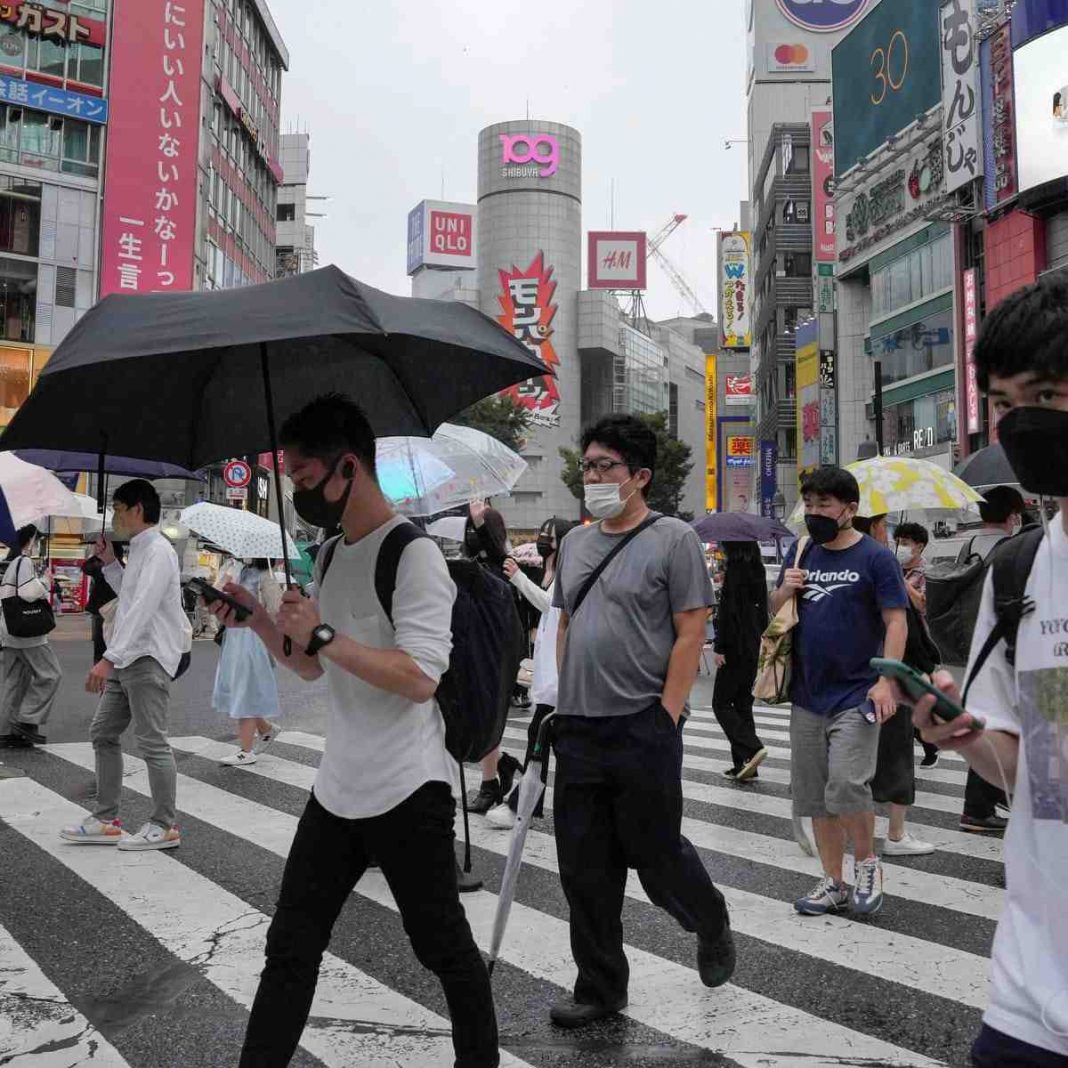Experts are racing to determine the level of threat posed by the new Omicron Covid-19 variant, which is spreading across the world and forcing border closures. The G7 health ministers will hold an emergency meeting on Monday to discuss the new Omicron Covid-19 variant, which is spreading across the world and forcing border closures.
It was convened by the G7’s chairman, the United Kingdom, which is one of a continuously expanding number of nations that have discovered instances of the substantially mutated new strain of the virus.
On Monday, Japan’s prime minister, Fumio Kishida, said that all foreign visitors would be barred from entering the country because of the new variation, after stating that “we are taking actions with a strong feeling of urgency.” The prohibition will be in force starting on Tuesday.
Kishida said that Japan, where more than 76 percent of the population has received all of its vaccinations, will proceed with preparations to deliver booster doses beginning next month, starting with the elderly and health-care professionals.
Japanese authorities announced the action only a day after tightening restrictions on travellers from South Africa and eight other nations, and just weeks after relaxing restrictions on certain international travellers. Japan had reported consistently low Covid-19 case counts.
Omicron was detected for the first time in South Africa, and governments have moved quickly to re-impose travel restrictions in an attempt to halt the spread of the virus. Japan’s action comes in the wake of Israel’s decision to prevent all foreign nationals from entering the country. The United States, the United Kingdom, Brazil, and Canada were among the several nations that implemented travel restrictions.
More than a dozen nations in Europe, Africa, and Asia have so far been identified as having the strain. It has also been verified in North America, with cases being reported in both the United States and Canada.
North Korea has also expressed concern about the border restrictions, while South Africa’s president, Cyril Ramaphosa, has urged on other countries to withdraw their travel bans “before any additional harm is done to our businesses.”
According to Matshidiso Moeti, WHO regional director for Africa, “With the Omicron strain now found in various parts of the globe, putting in place travel prohibitions that target Africa is an assault on global solidarity.”
As nations hastened to block their borders, scientists raced to figure out if the new variation of the virus was more dangerous than previous versions of the virus, which they believed it was. At this point, it is unclear what amount of protection the existing vaccinations give or how rapidly Omicron spreads in the environment.
Dr. Anthony Fauci, the top infectious disease authority in the United States, warned President Joe Biden on Sunday that definite information on Omicron would not be available for almost two weeks.
The Centers for Disease Control and Prevention (CDC) stated current immunizations were likely to give “some protection against severe instances of Covid,” and experts maintained their suggestion that those who have already received vaccinations seek booster injections.
According to the White House, Biden was scheduled to brief the public on the new variation and the United States’ reaction on Monday.
EU Commissioner Ursula von der Leyen said that vaccine producers required two to three weeks “to acquire a clear picture of the quality of the mutations” before they could begin production.
The United Kingdom may begin expanding its booster vaccination programme as early as Monday in order to counteract the spread of the Omicron variety. Australia is likewise re-evaluating the time periods for booster shots.
The introduction of the new strain has drawn attention to the wide variations in vaccination rates that exist throughout the world. Medical and human rights organisations estimate that less than 7% of individuals in impoverished nations have had their first Covid-19 injection, despite the fact that several rich countries are administering third-dose boosters to their citizens.
In the United Kingdom, health minister Sajid Javid said that additional Covid measures would be implemented on Tuesday, including the need for people to wear masks in stores and on public transportation in England, as well as tougher controls on travellers coming from overseas.

